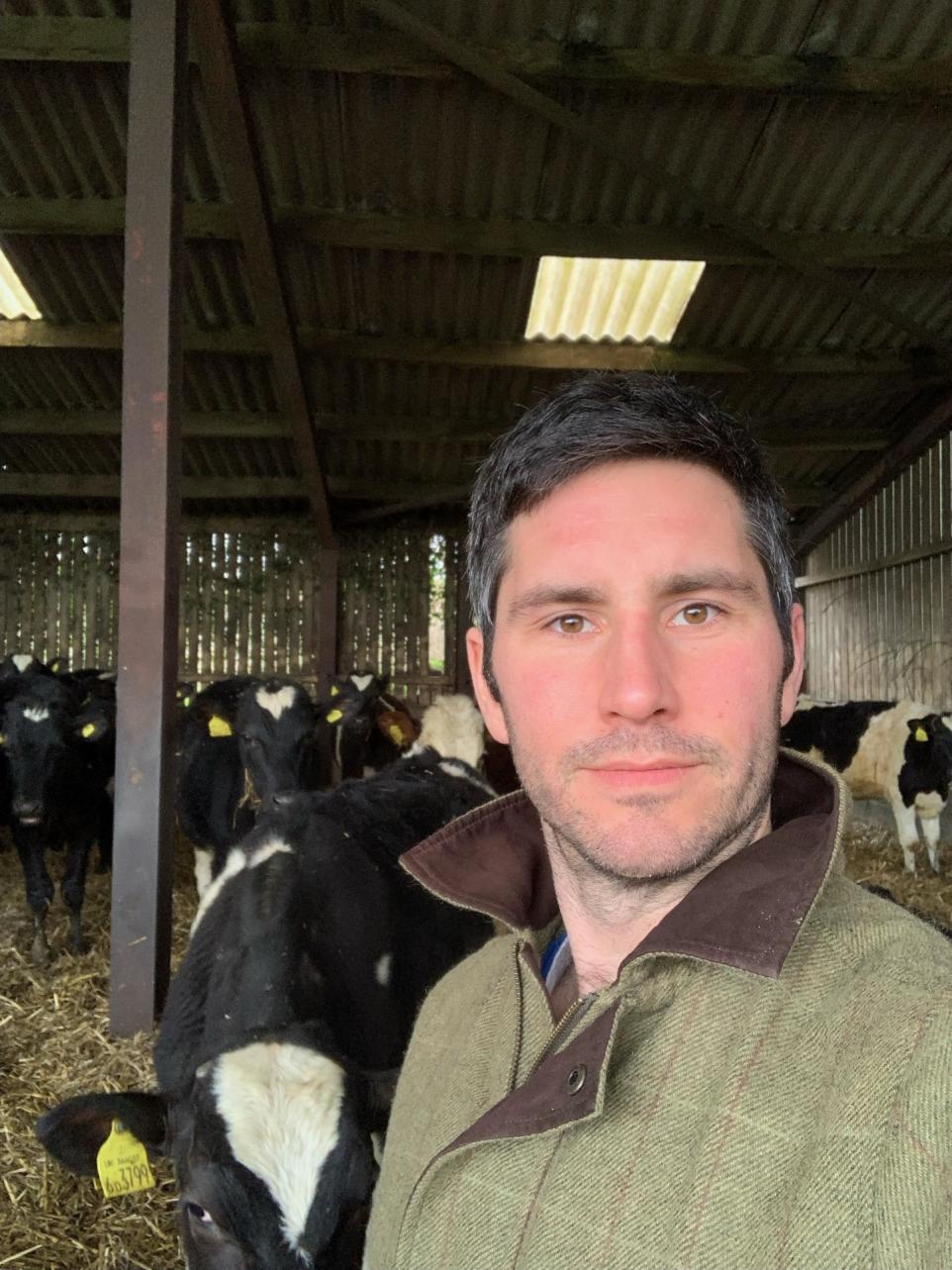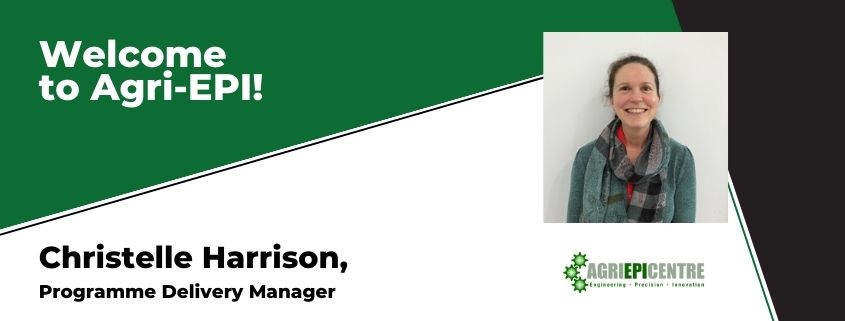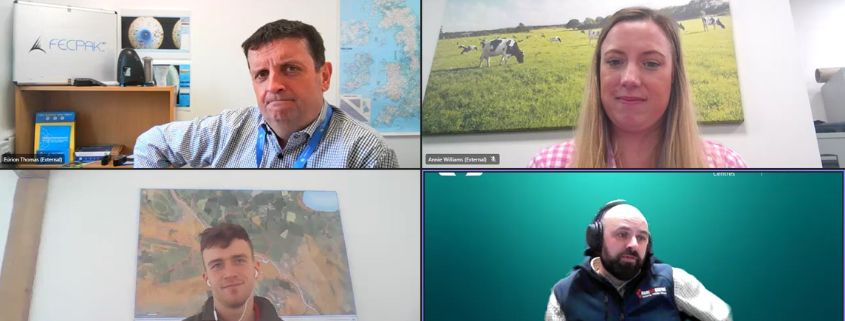Agriculture is always changing with the introduction of new technologies. From the first farmers learning to rotate crops and mastering irrigation to today’s use of sensors, cameras and AI, agritechnology has been essential to improving the quality and productivity of food production.
The first agricultural revolution started around 12,000 years ago, when humans first began cultivating the land for food. Following millennia of farming, the second agricultural revolution saw the reorganisation of farmland in the 17th Century while the third came in the 1950s and 60s with the introduction of farming machinery, fertilisers and pesticides. As we increasingly rely on remote sensing, data gathering and autonomous robots to maintain and improve agriculture, many are seeing the rise of agritech as the fourth agricultural revolution.
A new agriculture?
Robotic milking machines have drastically changed the workload of the dairy farmer; it doesn’t take much imagination to picture the impact on the arable, horticulture and other sectors if robots are able to plant, selectively weed, spray by drone and harvest crops, further reducing reliance on manpower.
The appetite from big business, media, and governments worldwide seems to suggest that digital is progress in the right direction, if the agriculture industry is to boost sustainable food production and protect the environment simultaneously. Adding to this is the significant amounts of both public and private investment the agriculture sector is currently attracting, and the sudden overlap of agriculture and other, previously discrete sectors, such as space, sensor development, computer software, hardware developers, robotics, engineering and manufacturing.
A fair playing field
Despite the obvious benefits of increased productivity and profitability for many farmers, the onset of agritech solutions raises questions and challenges, too.
Ensuring that agricultural technology is available to all is key. Preventing large farming businesses swallowing up the market and pushing out smaller, family-owned farms, who simply can’t afford to invest in large-scale agritech, serves to benefit very few individuals.
Further, if agritech is widely available and used ubiquitously, what then happens to the data? Many food producers are questioning who would own any data gathered for agritech purposes, and whether it is secure. There’s no point collecting vast amounts of data if they cannot be used for decision-making, so digital platform developers must avoid the creation of data silos that could ultimately stifle innovation and collaboration.
Connecting the world
There is also a wider issue of digital connectivity. While urban vertical farms with high-speed fibre internet are able to hit the ground running with many agritech solutions, rural farmers can struggle to access 4G services, let alone broadband. Farmers without the means – or the inclination – to digitally connect could find themselves at an unfair disadvantage.
Even when increasingly connected, the introduction of automation and AI looks set to transform the face of agriculture and put an end to traditional farming methods. If robots in the fields become a viable alternative to human employees, farming life after the fourth agricultural revolution could be a lonely place.
Smarter agritech solutions
The Agri-EPI Centre network brings together researchers, academics, start-ups and larger companies from across the supply chain to explore the future of agriculture and technology, develop the ideas that will drive innovation and take those ideas from paper to prototype.
Our satellite farm network is essential to engaging with end-users, giving us on-the-ground feedback from commercial farm businesses and allowing us to trial new and disruptive technology and assess the impact of agritech. This delicate, informed and reflective approach must be the foundation for all agritech solutions, from animal health to aquaculture.
Shimpling Park Farm
John Pawsey is the owner of Shimpling Park Farms, one of our satellite farms in Suffolk. A keen farmer and agritech enthusiast, John welcomes the opportunity to trial many of the cutting-edge technologies being developed within Agri-EPI Centre’s network.
“From a purely personal perspective, I can see the benefits coming through and I am hugely excited by the potential developments I hear being discussed,” says John. “But [I am] acutely aware that without bringing the whole industry along with us, the divide between haves and have nots could potentially be damaging.”
So far, John has tested a number of new agritech, including the System Chameleon, CropScan, UAV technology and precision farming platform KORE, deployed by Agri-EPI Centre in partnership with Gothia Redskap, Precision Decisions and SoilEssentials Ltd.
You can find out more about our ongoing research and development work at Shimpling Park Farm, and John’s experience of the technology, in the video below.
Further information about Agri EPI Centre, our solutions and capabilities, the member network we can connect you with and the work we undertake, please feel free to contact Duncan Ross, Crops Business Development Manager at duncan.ross@agri-epicentre.com.




